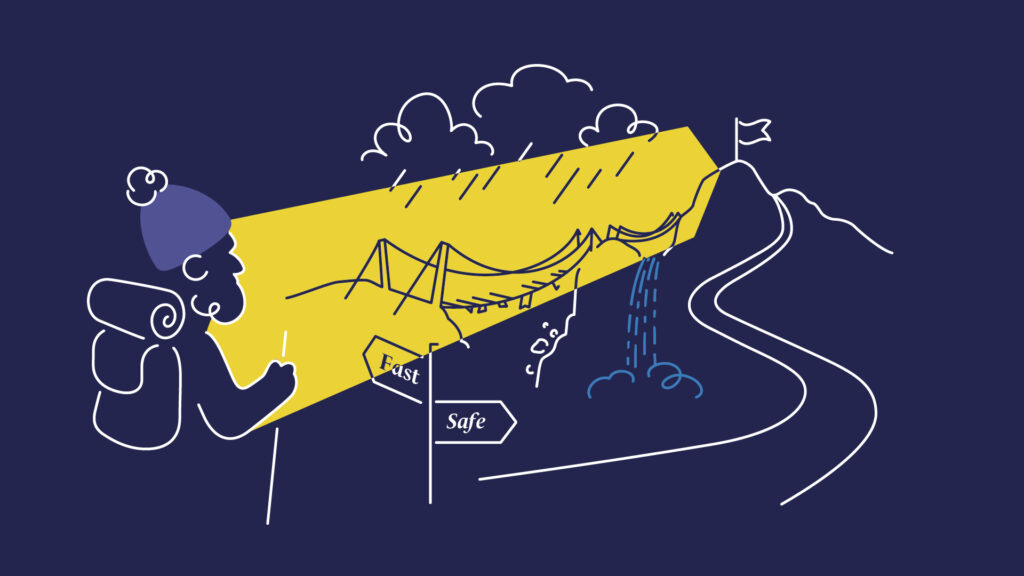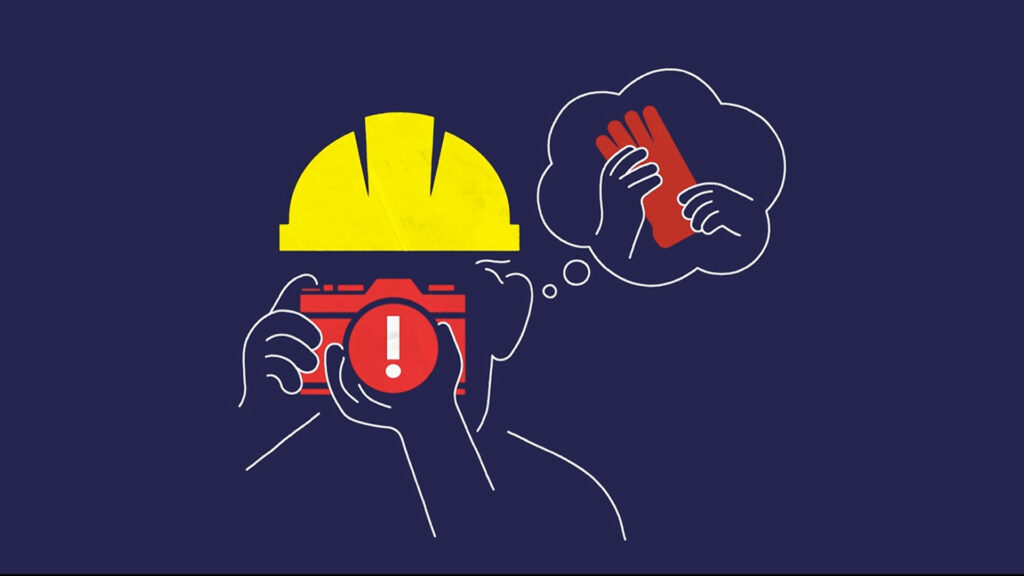
Are you a cork in the ocean, or the captain of your own ship?
In the world of safety, your mindset plays a crucial role in determining outcomes. Let’s explore the concept of Locus of Control and understand why it’s vital for a safer workplace.
Understanding Locus of Control
Locus of Control refers to an individual’s belief system about the causes of their experiences and the factors that influence their life outcomes. This psychological concept is divided into two main types, which we can illustrate using the analogy of a cork in the ocean versus a captain steering a ship.
External Locus of Control (ELOC): Imagine you’re a cork bobbing helplessly in the ocean. Your goal is to reach the shore, but the tides, waves, and currents continue to push you away. You feel at the mercy of external forces.
Internal Locus of Control (ILOC): Now, imagine yourself as the captain of your own ship. You chart the course, adjust the sails, and steer towards your destination. You believe that your actions and decisions determine your success and safety.

External Locus of Control
A belief that control over one’s life lies outside oneself.
In an ELOC mindset, people believe that external factors, such as fate, luck, or other people, dictate their outcomes. They often feel like victims of circumstances and may blame outside forces for their situations.
E.g. “My job is unsafe because my boss doesn’t care about safety, and there’s nothing I can do about it.”
As a cork in the ocean, you may feel helpless, worry, procrastinate, and blame others.
An ELOC mindset can result in complacency and a higher likelihood of safety incidents.
Internal Locus of Control

A belief that control over one’s life lies within oneself.
In an ILOC mindset, people take responsibility for their actions, are proactive in seeking solutions, and believe their efforts significantly impact their outcomes.
E.g. “I can improve my safety at work by following protocols and wearing protective equipment.”
As the captain of your ship, you are more likely to engage in proactive behaviours, seek solutions, and take responsibility for your actions.
Fostering an ILOC mindset can lead to better adherence to safety protocols, more proactive problem-solving, and a stronger safety culture.
We all operate from both Internal and External Locus of Control (ILOC and ELOC) frames, but we tend to default to one more often. Different situations, people, or experiences can cause us to shift between these frames, but we can’t operate from both simultaneously.
4 Ways to Shift to an ILOC Mindset
Self Awareness
Recognise when you’re defaulting to an ELOC frame. Ask yourself, “Am I taking control of my thoughts, feelings and actions?”
Positive Affirmations
Reinforce the belief that you are in control of your safety. Remind yourself daily, “I have the power to influence my safety outcomes.”
Proactive Behaviours
Engage in behaviours that reflect an ILOC mindset. Wear PPE, follow safety protocols, and seek solutions to safety challenges.
Support and Accountability
Encourage a culture of accountability and support within your team. Offer help and solutions rather than blame.
Understanding and promoting an Internal Locus of Control can empower individuals to take charge of their safety and contribute to a safer, more resilient workplace.
Want more curated content like this straight to your inbox? Subscribe to our newsletter. 👇



